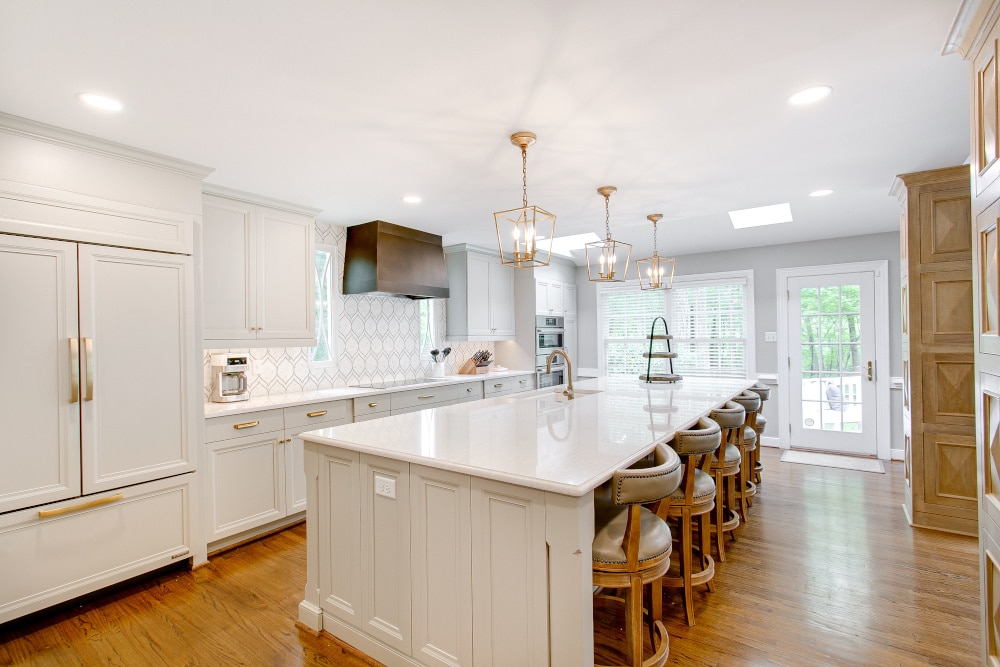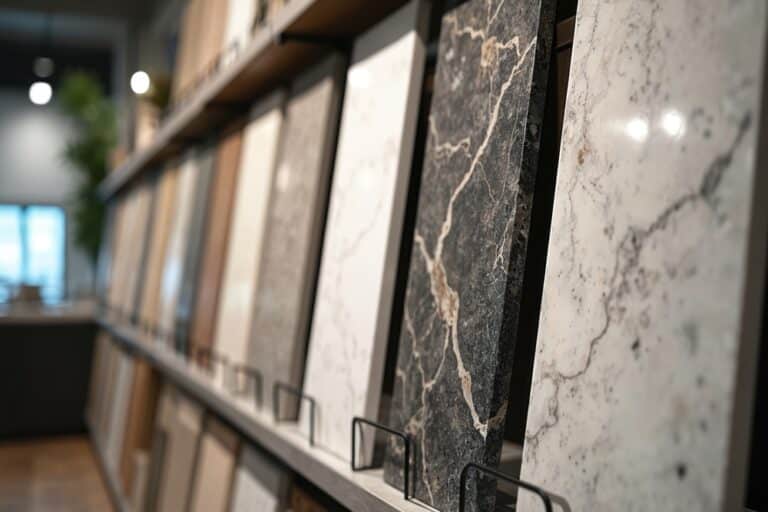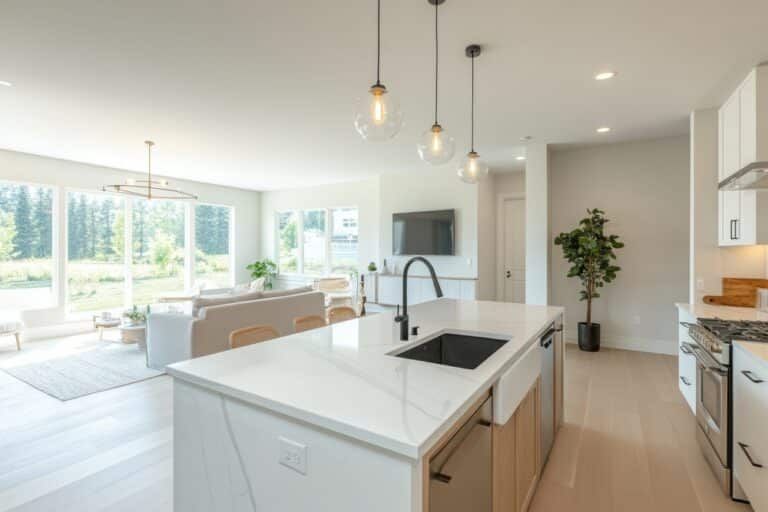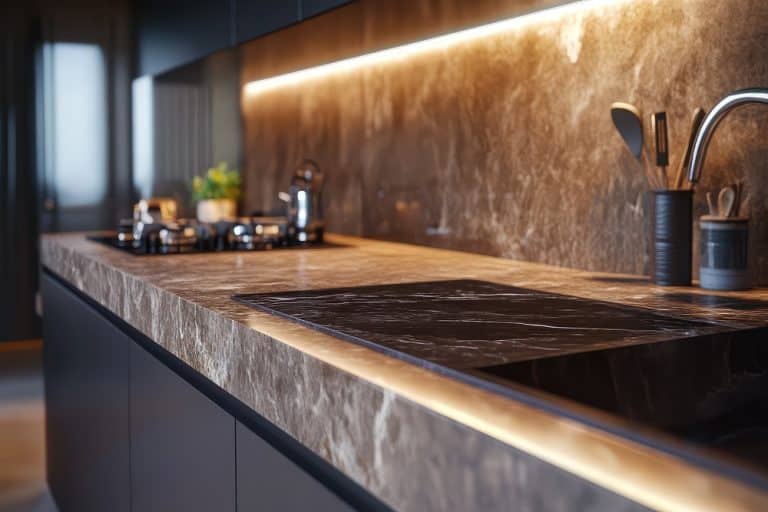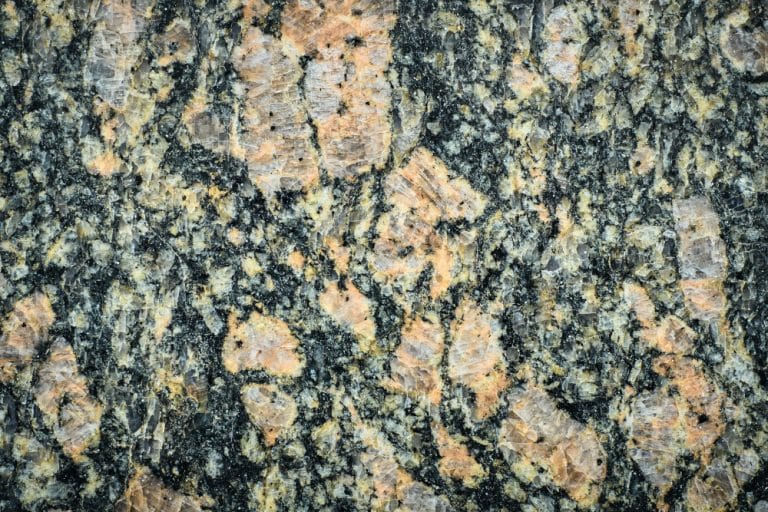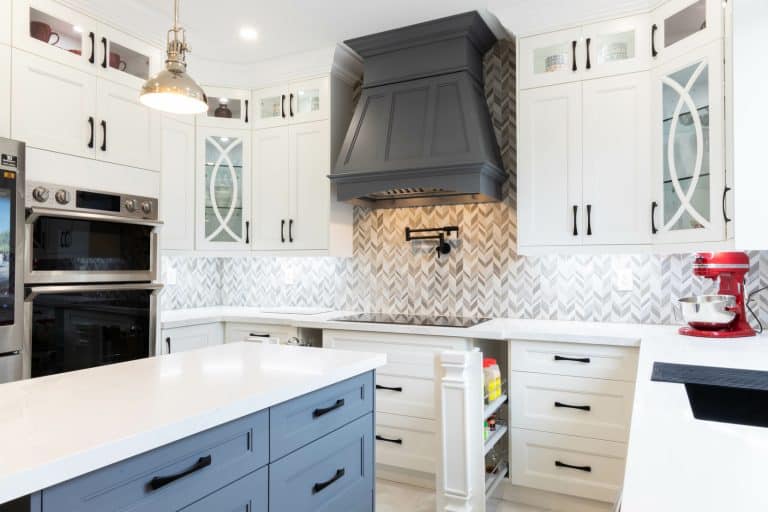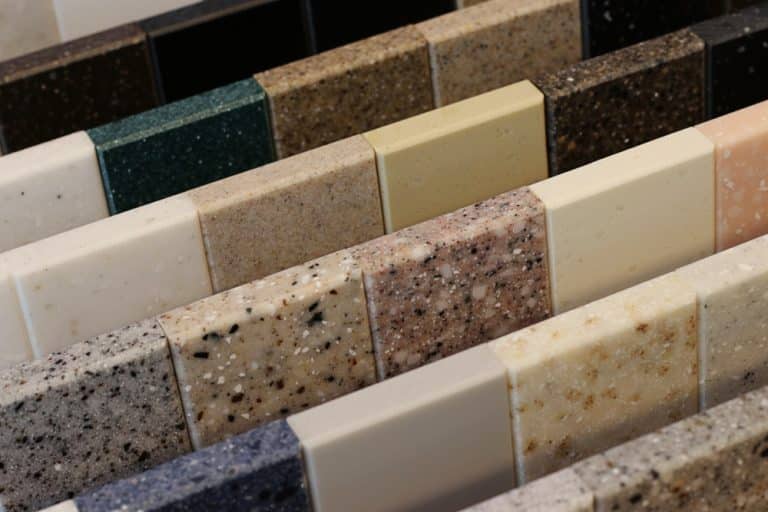Regular readers of the Bedrock Quartz blog know that quartz countertops are not 100% natural stone. They are a manufactured product consisting of quartz minerals, resins, and pigments. Modern manufacturing methods owe a lot to a 50-year-old process rooted in Bretonstone technology.
The Bretonstone manufacturing process was invented by Breton S.p.A. in the early 1970s. The process was patented, preventing other manufacturing from utilizing it without obtaining the proper license. Today’s manufacturing processes may be similar to Bretonstone without being identical.
The Step-by-Step Process
In a general sense, manufacturing a quartz countertop involves combining stone aggregate with some sort of polymer mix. Pigments are utilized to create solid colors, veining patterns, for anything else the customer might want.
Although manufacturers might use slightly different processes, we can give you a general outline of the various steps we would expect to find in quartz countertop manufacturing. Here is how it all works:
Step #1: Material Prep
The first step involves preparing the material by proportioning and mixing it. The final mixture usually consists of 90-95% crushed quartz mineral. The remaining material consists of resins, pigments, and any other ingredients needed to achieve the desired look.
Step #2: Air Removal
Combining the materials inevitably means air gets trapped within. Removing the air is necessary to create uniform strength and stability. How do manufacturers do it? By vibrating the mixture while simultaneously vacuuming off the air.
Step #3: Compression
Once free of air, the material is tightly compressed under extremely high pressure. This compression is what creates the slabs that ultimately become quartz countertops.
Step #4: Curing
The mixture’s resins need to cure in order to properly harden and bind the quartz minerals together. Curing is accomplished by heating compressed slabs to temperatures from 80-85°C for 30-40 minutes.
Step #5: Finishing
The final step is finishing the slab. Just like with natural stone slabs, quartz slabs undergo a finishing process that includes polishing, calibrating, and edge work. Finishing creates a slab with uniform thickness and flatness. It creates a polished surface that is glossy and smooth to the touch.
A Revolutionary Manufacturing Process
Breton S.p.A. was in a league all its own when it patented its manufacturing process. They were the only ones doing it. Not only that, but their process was also revolutionary to the idea of creating fabricated slabs in a variety of thicknesses and sizes. They could do through fabrication what was extremely difficult in natural stone quarrying.
One of the major benefits of the process was being able to create consistent slabs that offered superior durability. Note that quartz countertops are nonporous. That means they are also resistant to stains, scratches, and moisture.
As a bonus, the manufacturing process allowed for an unlimited number of aesthetic designs. That continues today. Quartz countertops can be fabricated to mimic any natural stone. But they can also be fabricated in solid colors, unique patterns, and even designs that defy imagination.
Quartz Is an Excellent Option
Here in our Utah showrooms, we work with clients who would truly love natural stone but do not have the budget for it. We get it. If that sounds like you, we invite you to consider quartz. It is an excellent option for any modern kitchen.
A visit to our showroom will allow you to see quartz first-hand. Our fully knowledgeable associates are ready to answer your questions as well. One final note is that we install everything we sell. When you choose Bedrock Quartz as your countertop supplier, you get the perfect combination of quality, price, and customer service.

